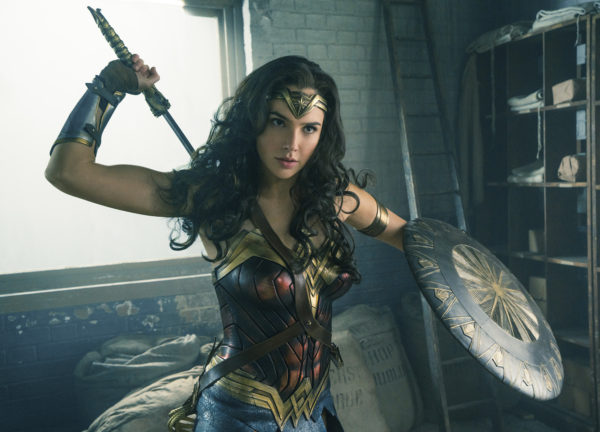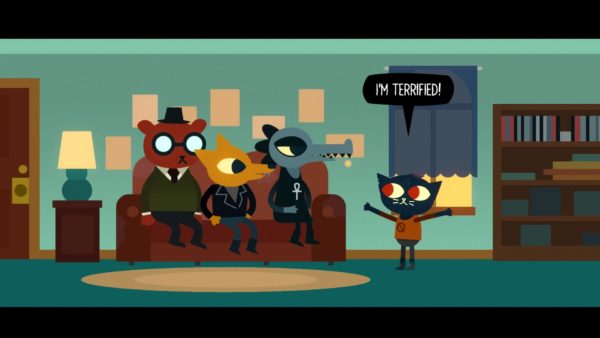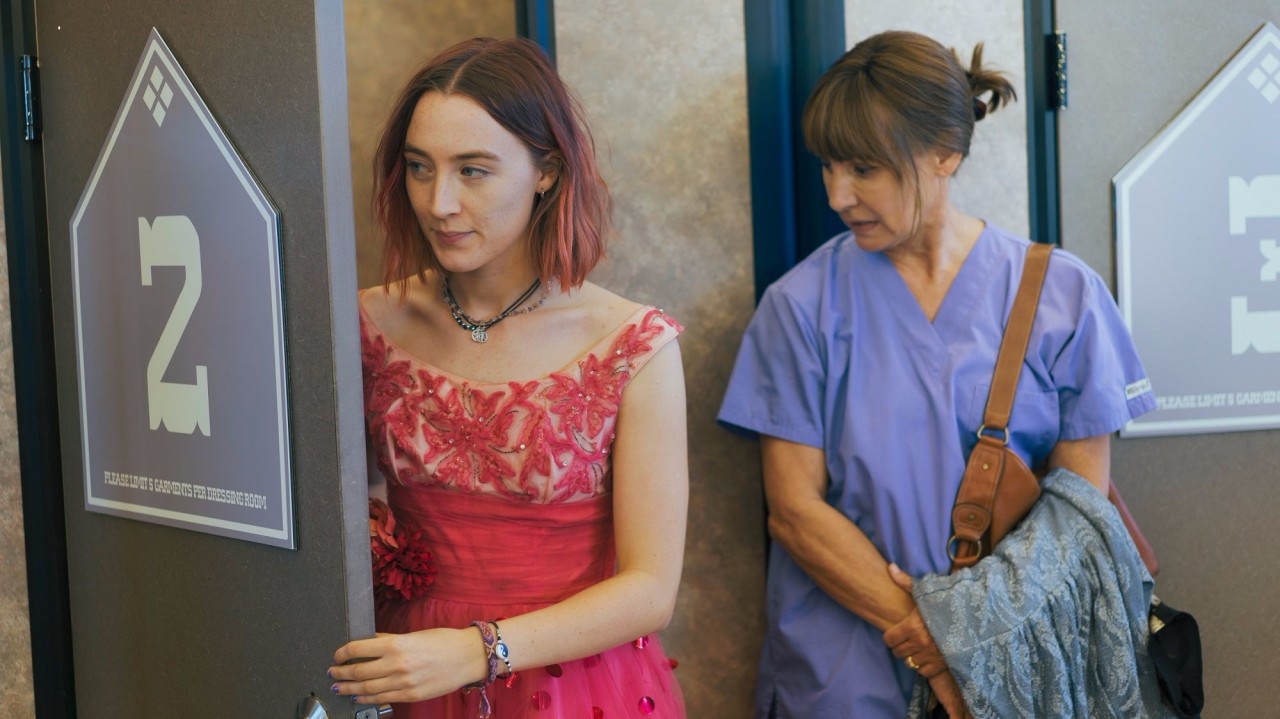If 2017 was a year of hard truths, 2018 will be a year of healing. The entertainment industry might have taken a knock, but will rise up again, hopefully becoming better and stronger in the process.
Roughly 30% of last year’s leading Hollywood roles went to females, and many of the most successful films were female-led. Lady Bird and The Big Sick smashed their way through into the Rotten Tomatoes top lists, and Guillermo del Toro’s The Shape of Water received the most nominations for the 2018 Oscars—including Best Actress for Sally Hawkins.
And then there was Wonder Woman, a film so spectacularly-received that it was able to salvage DC’s reputation in the wake of Batman vs. Superman, Suicide Squad and that travesty, Justice League.

But the shadow of sexual abuse loomed over the film industry, as countless women and men stepped forward to tell their stories. Harvey Weinstein and Kevin Spacey were cast as the arch villains.
Following some of the year’s allegations the consequences were swift, yet so many others got off lightly, and continue to get – or have – prominent roles in the industry.
Pushback within the industry simply isn’t enough. Real change will only come if that criticism affects the bottom line of the big studios. Boycott their productions, hit them where it hurts. Make them listen.
Even YouTube failed to tackle important issues with any degree of tact. LGBT and sexual health channels were forcefully demonetised; and popular bloggers got free passes out of controversy, even when it concerned the seemingly uncontrollable wave of exploitative content aimed at kids. The website is a mess, and Google are struggling to properly address many of its issues.
The same goes for the games industry, which continued to tiptoe around big issues such as the portrayal women, people of colour and the LGBTQ community. Sure games like Horizon: Zero Dawn, Assassin’s Creed Origins and Night in the Woods did good in this regard, but some of the biggest titles failed in insulting ways.

Xenoblade 2 was a mess of anime stereotypes and ridiculous body proportions. Princess Zelda is still a damsel in distress. Hell, even on the development side, women only account for 22% of the industry. It’s a bad situation, and one that companies don’t seem to be in any rush to remedy.
Thankfully the indie scene continues not only to thrive, but to push both forward and against, with fantastic, inclusive and progressive games. As indie games continue their ascent into mainstream consciousness, they’re showing bigger developers and publishers what gaming can really be.
It’s not just about the fictional (and occasionally non-fictional) characters portrayed in the products. It’s about the real people that work behind the scenes on these products: the Ashly Burches or Patty Jenkinses of the world that are pouring their hearts and souls into their work. They’re not making characters simply to pander to an audience, they’re making characters that are genuine.
For both industries, 2018 is set to be a strange year. Film is likely to take bigger strides than gaming, but there it also has bigger problems to address. Black Panther is predicted to be a wildly successful departure from Marvel’s current formula, while the sequel to Fantastic Beasts has attracted controversy for casting Johnny Depp amid claims that he is guilty of domestic abuse. Two steps forward, one step back.
2017 was packed from start to finish with exciting game releases, but this year is full of unknowns. Not a lot of details or dates have been announced, so it’s hard to make judgements about content. It’s unlikely that Japanese developers will break away from their conventions anytime soon, and big Western games are almost exclusively led by rote male characters. God of War; Red Dead Redemption 2; Days Gone — it feels like the big publishers are running out of ideas.
Fortunately across both sectors independent creation is flourishing. Smaller publishers continue to raise the bar when it comes to storytelling, with dynamic and genuine characters both in film and games. And so we sincerely hope for a brighter future for both industries.




